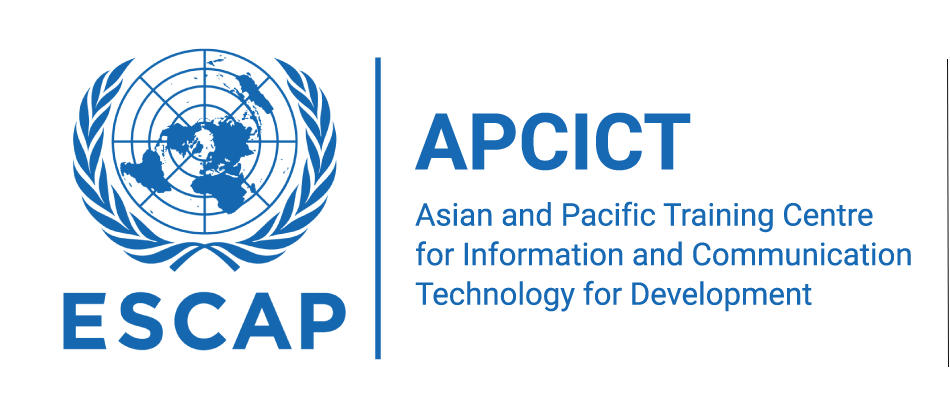APCICT has provided advisory support in designing and delivering an ICT training programme for female Indonesian government officials on 25-29 May 2009 in Jakarta, Indonesia, in partnership with the Korean Ministry of Gender (MOGE) and the Korea Productivity Center. The training is part of MOGE’s IT Capacity Building Programme for Women in the APEC Region that started in 2003. Select training materials from APCICT’s flagship initiative – the Academy of ICT Essentials for Government Leaders – that focus on ways in which ICTs can be leveraged for women’s empowerment and the promotion of gender equality will be used for this training programme. The Academy modules will also provide the knowledge and tools to mainstream gender issues in ICT project management.
25 May 2009
Press Release No: G/38/2009
Bangkok (UN/ESCAP Information Services) – Women continue to trail behind men in their ability to access information and communication technologies (ICTs) – denying them the opportunity to fully participate in and drive equitable development.
In recognition of ICTs’ power to improve gender equality, a United Nations-run ICT Capacity Building Programme for Women starts today in Jakarta, Indonesia, with participation by over 30 female government officials from various provinces and cities of Indonesia. The programme is supported by Indonesia’s Ministry of Women’s Empowerment (MOWE) which has made training women on ICT a key priority.
The week-long training is part of the Republic of Korea Ministry of Gender Equality’s (MOGE) IT Capacity Building Programme for Women in the APEC Region, which started in 2003. The United Nations Asian and Pacific Training Centre for Information and Communication Technology for Development (APCICT) is providing advisory support in the design and delivery of the training programme, at the request of MOGE. Additionally, relevant training materials from APCICT’s flagship curriculum – the Academy of ICT Essentials for Government Leaders – will be used.
The Bahasa Indonesia version of the Academy curriculum will be delivered by local presenters from the University of Indonesia who have undergone APCICT’s regional Academy training of trainers programme.
“Enabling women to use ICTs for their benefit does not simply mean building their capacity to access technologies”, said Hyeun-Suk Rhee, Director of APCICT. “Women should also have the capacity to participate in the design, influence the content and shape the uses of ICTs”.
The training programme will include sessions on the linkages between ICT and the Millennium Development Goals (in particular MDG3 on gender equality), e-government, ICT trends, ICT project management, and gender mainstreaming.
Also in Indonesia, the Third National Academy of ICT Essentials for Government Leaders Workshop organized by the Indonesian Ministry of Communication and Information Technology, University of Indonesia and APCICT will take place on 30 June - 3 July 2009. This is part of a series of Academy workshops for Indonesian government officials aimed at equipping them with the knowledge and skills to fully utilize ICT for national development.
Supporting the Academy is the APCICT Virtual Academy (AVA), an online distance learning platform that aims to promote easy access to the Academy modules and encourage life-long learning. AVA ensures the inclusion of female participants in ICT capacity building training programmes by making the course materials readily available and self-paced, allowing flexibility as to the time and place the courses are being taken. “Through AVA, more women government officials are expected to be reached and empowered to participate in the Information Society,” said Ms. Rhee.
For more information about the Academy, visit http://www.unapcict.org/academy.
APCICT Virtual Academy – http://ava.unapcict.org.
IT Capacity Building Programme for Women in the APEC Region – http://www.itge.org.



